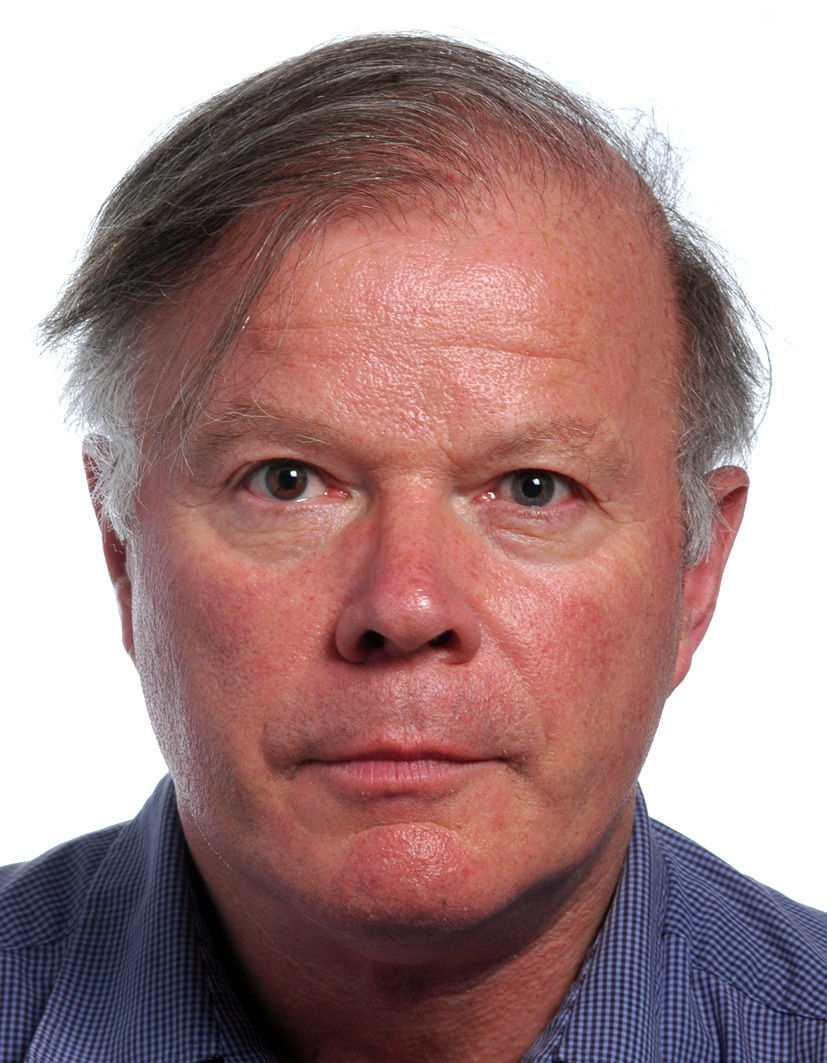A simple eye test developed by Aberdeen University academics could help diagnose mental health disorders.
The test uses specialised cameras to measure eye movement patterns, and early results suggest it is effective in detecting mental health disorders such as schizophrenia, bipolar disorder and depression.
Researchers hope it could also detect personality problems and obsessive compulsive disorder.
But now as the team move closer to having the test approved for use in clinics and hospital, volunteers in Aberdeen are being urged to come forward to help.
Dr Phillip Benson, senior lecturer in psychology and Professor David St Clair, chairman of mental health at the university and a consultant psychiatrist at NHS Grampian, developed the test.
Prof St Clair said: “The aim of the test is to help clinicians arrive at a correct diagnosis sooner.
“We believe the test may also have the potential to identify individuals who are at risk of developing mental health problems before they arise.
“This test was designed and developed here in Aberdeen – which is the only centre in the world that is developing this technology for clinical and diagnostic use.
“We hope that as many people as possible come along to this open meeting to hear about what we are doing and what can be done to help with this new phase of the research.
“We are looking for individuals aged 18-60 years old who are willing to give up around two hours of their time. We need help from both patients with psychiatric disorders and also those with no serious mental health problems.
“We are extremely grateful to volunteers who make this investment today which may help to make tomorrow better for a great many people.”
A public meeting will be held on Monday at the Suttie Centre, Foresterhill for anyone interested in taking part in the study.
Prof St Clair will give a short talk describing the research behind the test and the stage it is now at. The meeting will run from 6.30pm-7.30pm.
